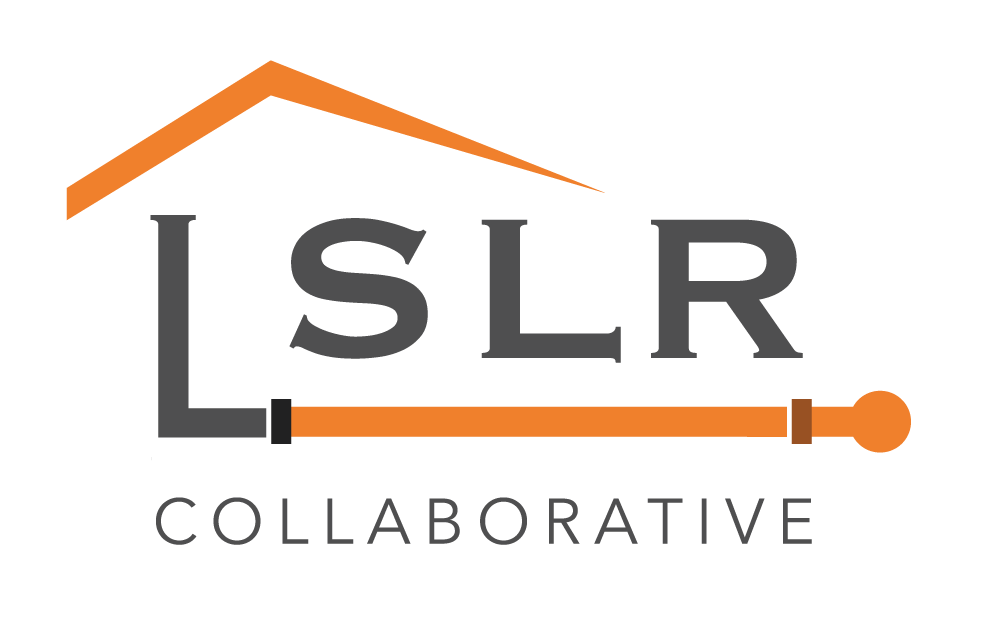The Lead & Copper Rule & Lead Service Line Replacement: Town Hall for Public Health Professionals5/19/2021
Children's Environmental Health Network
Watch the recording here. In CEHN's third virtual town hall on lead in drinking water, panelists share their efforts to facilitate lead service line replacement in their communities and discuss opportunities for public health professionals to leverage the US Environmental Protection Agency's revised Lead and Copper Rule in order to accelerate replacement. The presentation for public health professionals covers the importance of addressing lead in drinking water as part of a comprehensive approach to lead poisoning prevention and health equity. This town hall features Tom Neltner from the Environmental Defense Fund, Meg Trubee from Denver Water, and Maureo Fernandez y Mora from Clean Water Action, as well as moderator Nsedu Obot Witherspoon from Children's Environmental Health Network. Watch the virtual town hall.
Description: This three-part series for public health professionals covers the importance of addressing lead in drinking water as part of a comprehensive approach to lead poisoning prevention and health equity. We will also discuss the implications and requirements of EPA's new Lead and Copper Rule (LCR) and the opportunities for public health officials to help accelerate full lead service line (LSL) replacement in their communities. Join us for these important conversations, moderated by Nsedu Obot Witherspoon, Executive Director of the Children's Environmental Health Network. This town hall will focus on the importance of addressing lead exposure from all sources, including drinking water, and on one city's Speakers: Amanda Reddy, National Center for Healthy Housing Mona Hanna-Attisha, Michigan State University & Hurley Children’s Hospital Jean Mugulusi, City of Paterson (NJ) Division of Health Joia Jenkins, City of Paterson (NJ) Division of Health Alicia Espinal-Mesa, City of Paterson (NJ) Division of Health See slides, the chat log, and a compiled list of all of the recommended resources and presenters here. Watch the virtual town hall.
A virtual town hall on the revised Lead & Copper Rule (LCR) requirements for schools and child care facilities and how states and school districts can best implement for optimum lead exposure reduction. This is the second of a three-part series for public health professionals covers the importance of addressing lead in drinking water as part of a comprehensive approach to lead poisoning prevention and health equity. We will also discuss the implications and requirements of EPA's new Lead and Copper Rule (LCR) and the opportunities for public health officials to help accelerate full lead service line (LSL) replacement in their communities. Speakers:
Watch the webinar.
Description Lead is poisonous and can cause permanent damage to exposed children. There’s no safe level of lead in a child’s body. Lead can get into drinking water when plumbing materials that contain lead corrode. Children may be exposed to lead when drinking, bathing, or playing in contaminated water. The good news is that this exposure is preventable! In this webinar, you’ll learn the steps you can take to protect the children entrusted to your care. In the second webinar in our four-part series on preventing lead exposures in home-based child care, "Lead in Water," Hester Paul, the National Director of Eco-Friendly Child Care, and special guest LaTricea Adams, Founder CEO and President of Black Millennials for Flint, discuss the dangers of lead in drinking water, as well as policies and actions available to child care providers. The webinar draws from the Lead-Safe Toolkit for Home-Based Child Care, a FREE resource offering easy-to-follow steps for determining if lead hazards exist in your home and what to do to reduce these hazards. The Lead-Safe Toolkit for Home-Based Child Care (http://bit.ly/Lead-SafeToolkit) was developed with input from child care professionals and lead prevention experts under the guidance of the Children’s Environmental Health Network (CEHN), Eco-Healthy Child Care, the National Association of Family Child Care (NAFCC), and the National Center for Healthy Housing (NCHH). Presenters:
Webinar resources:
Webinar summary: Webinar provided for ASTDR state department of health grantees receiving funding to implement programs to Choose Safe Places for Early Care and Education. The Lead Service Line Replacement Collaborative presented on identifying and replacing lead service lines, followed by two local examples of lead service line replacement programs.
Watch the webinar Download the slides. Children's Environmental Health Network Part 2 of 2 Webinar Series Summary
Childhood lead exposure is associated with adverse health and development effects. There is no safe level of lead exposure, yet many children in the U.S. are exposed via multiple sources, including through their drinking water. In some cases lead-contaminated drinking water may be a result of a home or building’s internal plumbing fixtures, but there are also many communities across the country where water enters a home via a lead service line. Full and safe replacement of these lead service lines is a step communities can take to reduce the risk of children’s exposure to lead. Public health and health care professionals, the water utility, and other community leaders play an important part in the development of a community’s lead service line replacement program. Watch the webinar. Children's Environmental Health Network Part 1 of 2 Childhood lead exposure is associated with adverse health and development effects. There is no safe level of lead exposure, yet many children in the U.S. are exposed via multiple sources, including through their drinking water. In some cases lead-contaminated drinking water may be a result of a home or building’s internal plumbing fixtures, but there are also many communities across the country where water enters a home via a lead service line. Full and safe replacement of these lead service lines is a step communities can take to reduce the risk of children’s exposure to lead. Public health and health care professionals, the water utility, and other community leaders play an important part in the development of a community’s lead service line replacement program.
Watch the webinar in English or in Spanish. |
Date
April 2024
Webinar Host
All
|


 RSS Feed
RSS Feed